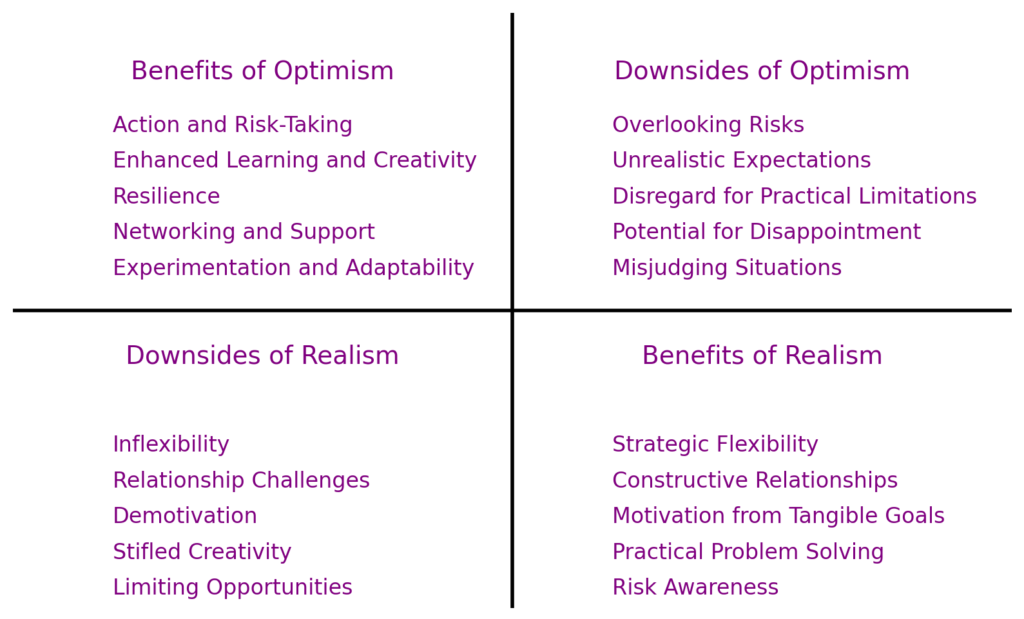In the December 11, 2024 episode of “In Good Company,” hosted by Nicolai Tangen of Norges Bank Investment Management, Michael Dell, the visionary founder and CEO of Dell Technologies, offers an intimate glimpse into his remarkable career and the strategic decisions that have shaped one of the world’s leading technology companies. This interview not only chronicles Dell’s entrepreneurial journey but also provides profound insights into leadership, innovation, and the future of technology.
From Bedroom Enthusiast to Tech Titan
Michael Dell’s fascination with computers began in his teenage years. At 16, instead of using his IBM PC conventionally, he chose to dismantle it to understand its inner workings. This hands-on curiosity led him to explore microprocessors, memory chips, and other hardware components. Dell discovered that IBM’s pricing was exorbitant—charging roughly six times the cost of the parts—sparking his determination to offer better value to customers through a more efficient business model.
Balancing his academic pursuits at the University of Texas, where he was initially a biology major, Dell engaged in various entrepreneurial activities. From working in a Chinese restaurant to trading stocks and selling newspapers, these early ventures provided him with the capital and business acumen to invest in his burgeoning interest in technology. Despite familial pressures to follow a medical career, Dell’s passion for computers prevailed, leading him to fully commit to his business aspirations.
The Birth and Explosive Growth of Dell Technologies
In May 1984, Dell Computer Corporation was officially incorporated. The company experienced meteoric growth, with revenues skyrocketing from $6 million in its first year to $33 million in the second. This impressive 80% annual growth rate continued for eight years, followed by a sustained 60% growth for six more years. Dell’s success was largely driven by his innovative direct-to-consumer sales model, which eliminated intermediaries like retail stores. This approach not only reduced costs but also provided Dell with real-time insights into customer demand, allowing for precise inventory management and rapid scaling.
Dell attributes this entrepreneurial mindset to curiosity and a relentless pursuit of better performance and value. He believes that America’s culture of embracing risk, supported by accessible capital and inspirational role models like Bill Gates and Steve Jobs, fosters a robust environment for entrepreneurs.
Revolutionizing Supply Chains and Strategic Business Moves
A cornerstone of Dell’s strategy was revolutionizing the supply chain through direct sales. This model allowed the company to respond swiftly to customer demands, minimizing inventory costs and enhancing capital efficiency. By maintaining close relationships with a diverse customer base—including individual consumers, large enterprises, and governments—Dell ensured high demand fidelity, enabling the company to scale efficiently.
In 2013, facing declining stock prices and skepticism about the relevance of PCs amid the rise of smartphones and tablets, Dell made the bold decision to take the company private. This move involved a massive $67 billion buyback of shares, the largest technology acquisition at the time. Going private allowed Dell to focus on long-term transformation without the pressures of quarterly earnings reports.
The acquisition of EMC, a major player in data storage and cloud computing, was a landmark deal that significantly expanded Dell’s capabilities. Despite initial uncertainties and challenges, the merger proved successful, resulting in substantial organic revenue growth and enhanced offerings for enterprise customers. Dell credits this acquisition for accelerating the company’s transformation and broadening its technological expertise.
Leadership Philosophy: “Play Nice but Win”
Dell’s leadership philosophy is encapsulated in his motto, “Play Nice but Win.” This principle emphasizes ethical behavior, fairness, and a strong results orientation. He fosters a culture of open debate and diverse perspectives, believing that surrounding oneself with intelligent individuals who can challenge ideas leads to better decision-making. Dell encourages his team to engage in rigorous discussions, ensuring that decisions are well-informed and adaptable to changing circumstances.
He advises against being the smartest person in the room, advocating instead for inviting smarter people or finding environments that foster continuous learning and adaptation. This approach not only drives innovation but also ensures that Dell Technologies remains agile and forward-thinking.
Embracing the Future: AI and Technological Innovation
Discussing the future of technology, Dell highlights the transformative impact of artificial intelligence (AI) and large language models. He views current AI advancements as the initial phase of a significant technological revolution, predicting substantial improvements and widespread adoption over the next few years. Dell envisions AI enhancing productivity and enabling businesses to reimagine their processes, ultimately driving human progress.
He also touches upon the evolving landscape of personal computing. While the physical appearance of PCs may not change drastically, their capabilities are significantly enhanced through AI integration. Innovations such as neural processing units (NPUs) are making PCs more intelligent and efficient, ensuring continued demand for new devices.
Beyond Dell Technologies: MSD Capital and Investment Ventures
Beyond his role at Dell Technologies, Michael Dell oversees MSD Capital, an investment firm that has grown into a prominent investment boutique on Wall Street. Initially established to manage investments for his family and foundation, MSD Capital has expanded through mergers and strategic partnerships, including a significant merger with BDT. Dell remains actively involved in guiding the firm’s strategic direction, leveraging his business acumen to provide aligned investment solutions for multiple families and clients.
Balancing Success with Personal Well-being
Despite his demanding roles, Dell emphasizes the importance of maintaining a balanced lifestyle. He adheres to a disciplined daily routine that includes early waking hours, regular exercise, and sufficient sleep. Dell advocates for a balanced approach to work and relaxation to sustain long-term productivity and well-being. He also underscores the role of humor in the workplace, believing that the ability to laugh and joke around fosters a positive and creative work environment.
Advice to Aspiring Entrepreneurs
Addressing the younger audience, Dell offers invaluable advice to aspiring entrepreneurs: experiment, take risks, and embrace failure as part of the learning process. He encourages tackling challenging problems, creating value, and being bold in endeavors. While acknowledging the value of parental guidance, Dell emphasizes the importance of forging one’s own path to achieve success, highlighting that innovation often requires stepping outside conventional expectations.
Wrap Up
Michael Dell’s conversation on “In Good Company” provides a deep dive into the strategic decisions, leadership philosophies, and forward-thinking approaches that have propelled Dell Technologies to its current stature. His insights into entrepreneurship, innovation, and the future of technology offer valuable lessons for business leaders and aspiring entrepreneurs alike. Dell’s unwavering commitment to understanding customer needs, fostering a culture of open debate, and leveraging technological advancements underscores his enduring influence in the technology sector.






